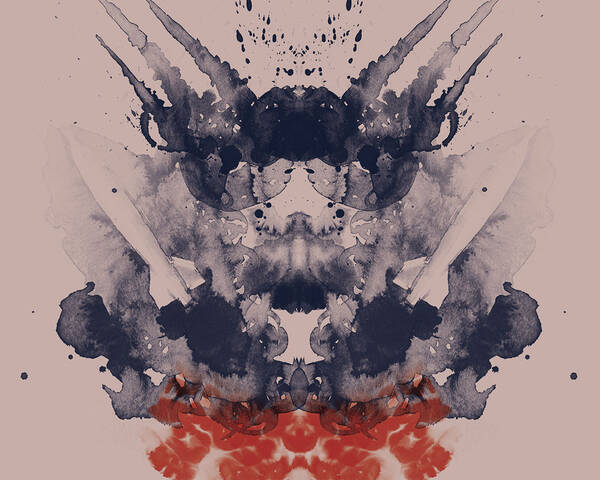Letters / On “The Political Unconscious”
I appreciate Eta Demby’s thoughtful portrayal of psychoanalysis in Israel and Palestine, including her conclusion that demands for recognition should be linked to material demands for equality. However, I take issue with her characterization of the Acknowledgment Project and my psychoanalytic theory.
The Acknowledgment Project aimed not to whitewash colonial domination but to have Israelis acknowledge their responsibility for the Nakba, while avoiding the denial or normalization of Palestinian oppression. We believed that acknowledging suffering and moral injury means not that “all are guilty so no one is guilty,” as the Sheehis say, but rather, that reconciliation can occur when violators take responsibility for harming, make reparation, and potentially heal their alienation from the community. Victims choose to accept acknowledgment; the community chooses to repair. Acknowledging the suffering of those who have committed violence can be part of that repair. This is the moral agency Palestinian participants realized at the end of our program; to say they were forced to recognize their oppressor distorts that intention.
Could a “community” of those opposing the occupation—comprising both Israelis and Palestinians—create a form of reconciliation that fosters solidarity? It’s true that when Palestinians wanted to be heard, Israelis often felt blamed despite their best intention to give acknowledgment. The idea of the project was to explore these obstacles to acknowledgment, to see if we could work through them rather than succumb to the dynamic of accusation and blame. Realizing the moral agency of the oppressed and the vulnerability of harmers can be a means of overcoming those familiar destructive dynamics, helping those committed to political liberation transcend zero-sum struggles for recognition.
New York, NY
The letter writer is a psychoanalyst and the author of The Bonds of Love and Beyond Doer and Done To: Recognition Theory, Intersubjectivity and the Third.
